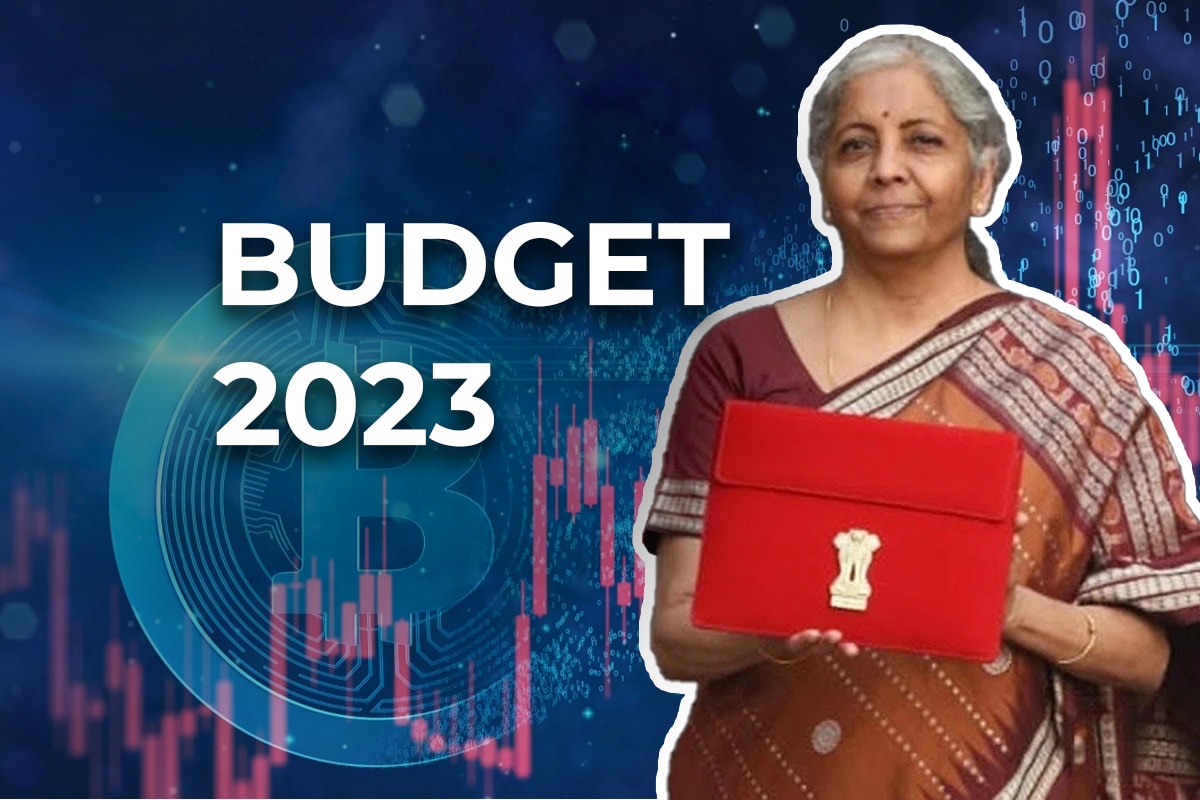How Will Digital/Virtual Assets Be Taxed In 2023? Keeping Crypto Investors In Mind

Finance Minister Nirmala Sitharaman will present the country’s projections for income and expenditure on February 1. Given the government’s strong position on cryptocurrencies, the Indian cryptocurrency industry’s demand for rationalized taxation on virtual digital assets (VDAs) may not be heard, but still, there are hopes she would provide some clarity on a few fronts.
The Finance Minister had stated in the last Budget statement that she will enact crypto taxation. A fixed 30% tax on the earnings made from trading cryptocurrencies is imposed by the government.
The high TDS fee on Virtual Digital Assets
Last year, the Finance Minister further declared that losses from one cryptocurrency asset cannot be compensated by gains from another cryptocurrency asset. The government also said that starting in July 2022, cryptocurrency will be subject to a 1% TDS fee. The government disclosed in December 2022 that it has received a total of Rs 60.46 crore from VDAs transactions since July 1.
Numerous investors have opted to trade their assets on foreign exchanges without a system to deduct 1% TDS in order to protect their investments. From February to October 2022 domestic trading shifted to overseas exchanges by almost INR 32,000 crore. The high percentage of these transactions was not anticipated by the authorities.
“Government is losing a lot of TDS as the trading shifted to international exchanges. The purpose of tracking the payments can still be met even if the TDS rate is brought down,”
said Punit Agarwal, Founder, and CEO, of KoinX, adding that there is a high chance of the budget being presented with reduced TDS.
Also read: Terra Classic (LUNC) Investors To Get Their Money Back, Says Dev. Edward Kim
Guidelines on Exchanges
While talking about the other reforms that he expects in the Budget 2023, he added
“There should be certain guidelines on exchanges announced.”
He also cited the example of Japan’s crypto exchange guidelines. The funds of consumers and exchange operators must be kept apart in Japan. Domestic exchanges must also manage 95% of their customers’ cryptocurrency offline in so-called cold wallets to reduce the risk of losing it in the case of a cyberattack.
Mr. Agarwal also anticipates receiving additional clarification on the taxation of other virtual assets, such as NFTs or mining-related operations, since there is no clarity about these.
Also read: Binance’s Fiat Partner Signature Bank Puts A Minimum Transaction Limit
Play 10,000+ Casino Games at BC Game with Ease
- Instant Deposits And Withdrawals
- Crypto Casino And Sports Betting
- Exclusive Bonuses And Rewards

- U.S.–Iran War: Bitcoin Price Extends Decline as Oil Prices Surge To Two-Year High
- Bitcoin Treasury Firm MARA Considers Selling BTC Reserves After Policy Update
- Cardano Founder Warns Over CLARITY Act, Cites Lack of Protection for DeFi, Stablecoins, Prediction Markets
- Core Scientific Sells 1,900 BTC as Bitcoin Miner Pivots to AI, CORZ Stock Dips
- Bitcoin News: VanEck CEO Projects Gradual BTC Rally in 2026 as ETFs Sees $458M Inflows
- Circle Stock Price Climbs 15% to $96, Can Rally Continue in March 2026?
- Bitcoin Price Prediction as US-Iran War Enters 4th Consecutive Day
- Top 5 Historical Reasons Dogecoin Price Is Not Rising
- Pi Coin Price Prediction for March 2026 Amid Network Upgrade, KYC Boost, Rewards Distribution
- Gold Price Nears ATH; Silver Eyes $100 Breakout on Us- Iran War
- Bitcoin And XRP Price As US Kills Iran Supreme Leader- Is A Crypto Crash Ahead?

 Buy $GGs
Buy $GGs

















